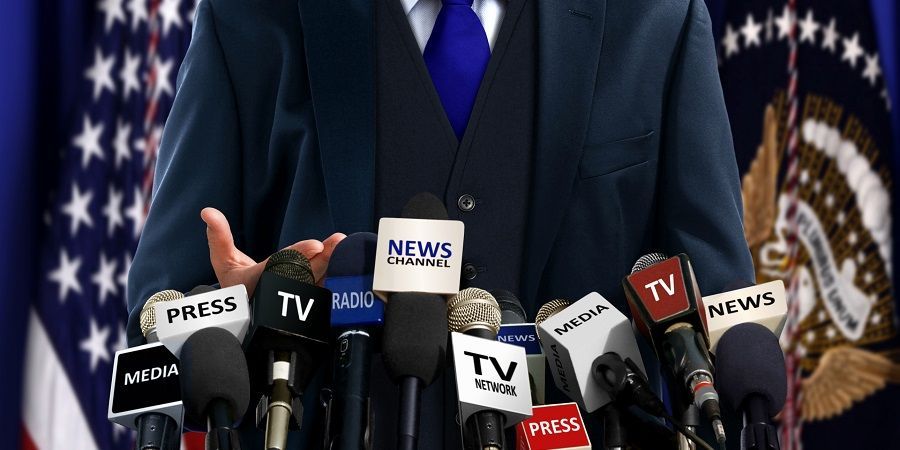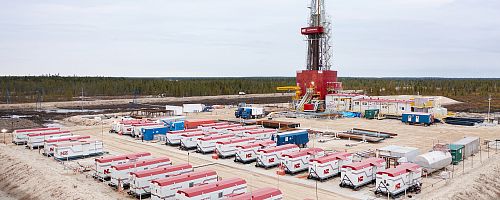Business as usual
The EU heads of government will today resume talks with Russia on a partnership agreement - despite the fact that Russia has no intention of pulling its troops back to the positions they occupied in South Ossetia and Abkhazia before the war with Geor.

The short answer is yes. Negotiations over a new partnership and cooperation agreement will drag on for years. Russia is not particularly interested in it, and it is not vital for much of the trade that already takes place. Meanwhile attempts in Geneva to settle the conflict between Georgia and Russia will be blocked by the pro-Russian leaders of the two breakaway statelets. So no movement there either. If the EU is paralysed, can we expect anything from President-elect Barack Obama? It is easy to romanticise the Obama effect. Relations with Russia have plummeted faster than shares in HBOS, but no one has any idea of what to do about it. Divisions in Mr Obama's Russian team are just as evident as they are elsewhere. The debate in Washington ranges from selective engagement (concentrating on the areas the US can cooperate on, such as terrorism, while leaving the hot potatoes like Georgia to cool off) to containment or isolation. Within that spectrum, Washington could decide to cooperate even if it does not like the regime; it could pursue the money that Russian oligarchs have stashed in New York, Paris and especially London; or it could attempt to build a series of strong states around Russia in the knowledge that Moscow will push back. Each approach has its drawbacks, but the feeling in Washington is that it has to do something. After what happened in Georgia, no one still believes in the Bush administration's dictum of "letting Russia be Russia".
Washington and Moscow are jousting with ghost missiles: America with a missile defence shield in Poland and the Czech Republic that may not work, Russia with a short-range missile system it has yet to be deploy. Both could be withdrawn without too much loss of face. And that, at least, is a problem that can be solved bilaterally. The potent and enduring sources of friction are multilateral ones, such as those states in Russia's near-abroad, including Georgia and Ukraine, whose leaders are knocking hard on Nato's doors. After what happened in the summer, it would be a terminal mistake to let Georgia or Ukraine into Nato, not least for the two countries themselves. Placing frontline Nato bases in Georgia would mean making the Black Sea an area of naval confrontation, reopening a bitter dispute between Russia and Ukraine over the leased naval base in Sebastopol, and dragging the ethnically mixed Crimean peninsula into a fresh confrontation with Kiev. However badly Russia provoked Georgia before August 7, the overwhelming evidence, not least from OSCE observers, is that President Mikheil Saakashvili attacked the separatist capital of Tskhinvali with indiscriminate artillery and rocket fire. That decision alone should spell the end of Nato's eastward expansion.
But Mr Saakashvili was not the only person to have shot himself in the foot. A Kremlin high on military victory soon followed with its own folly of recognising the two enclaves as independent states. It not so much abandoned the moral high ground as dived off it. It will take a sudden outbreak of common sense on all sides to reverse the slide into confrontation. The Kremlin has to stop confusing nationalism with a cogent set of national policies. The west has to stop thinking of itself as a crusader for democracy, which it is in no better position to guarantee in the Caucasus than it is in Iraq or Afghanistan.













